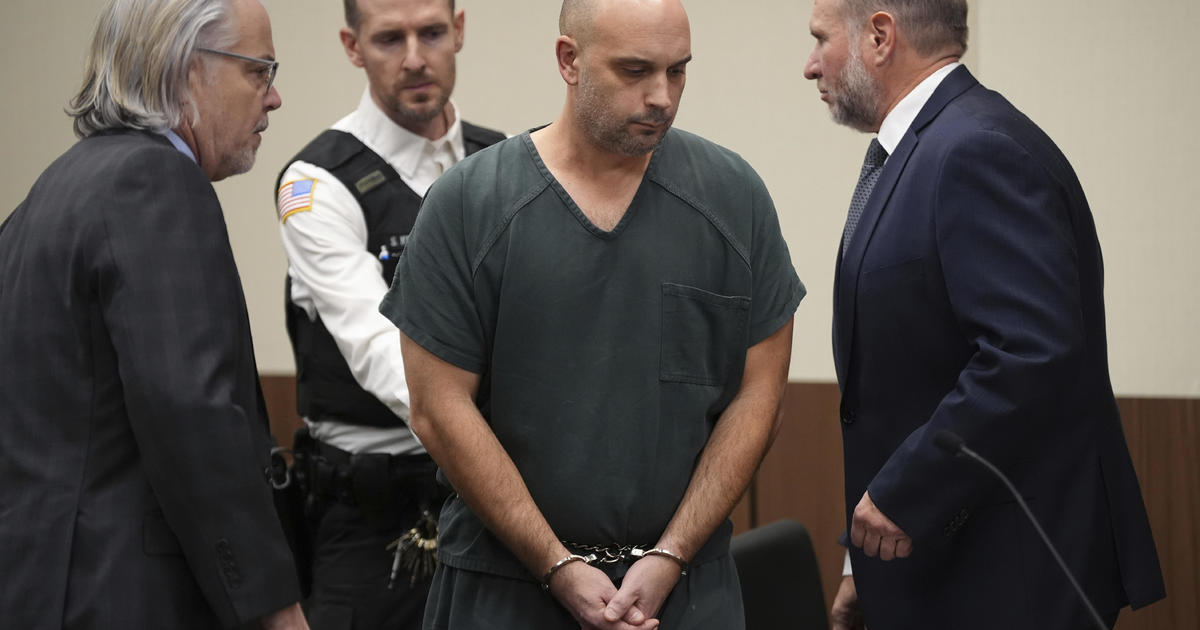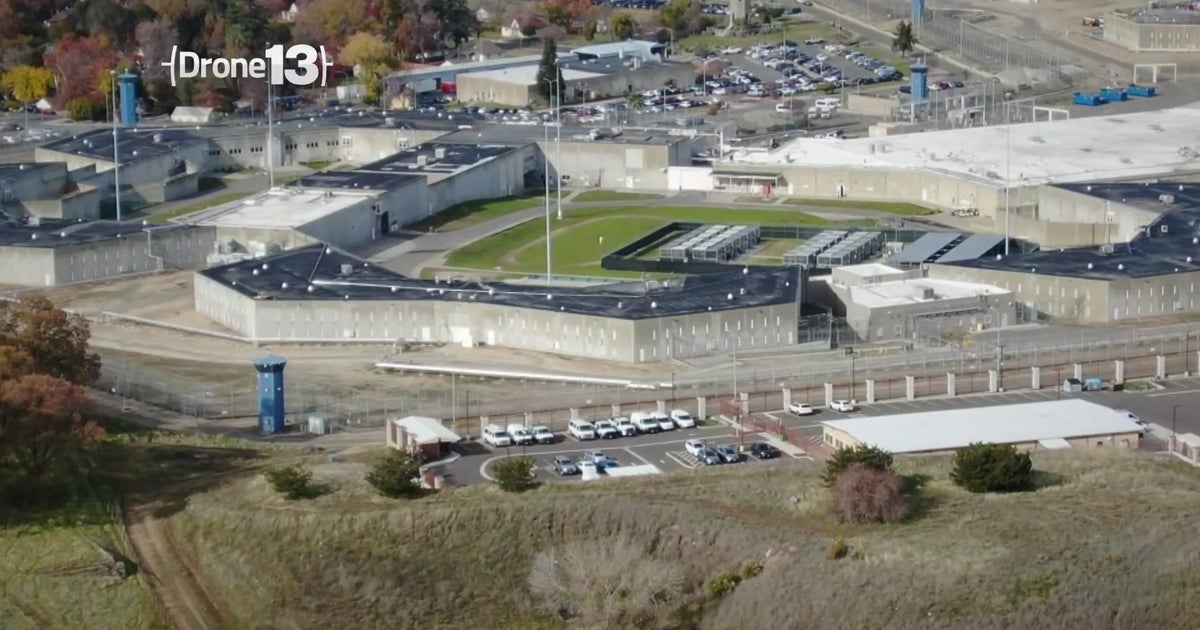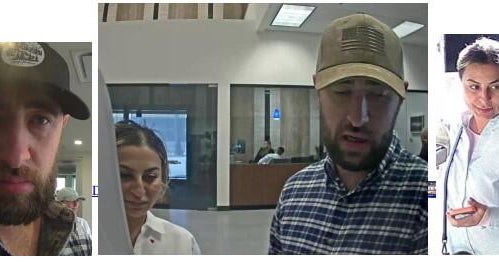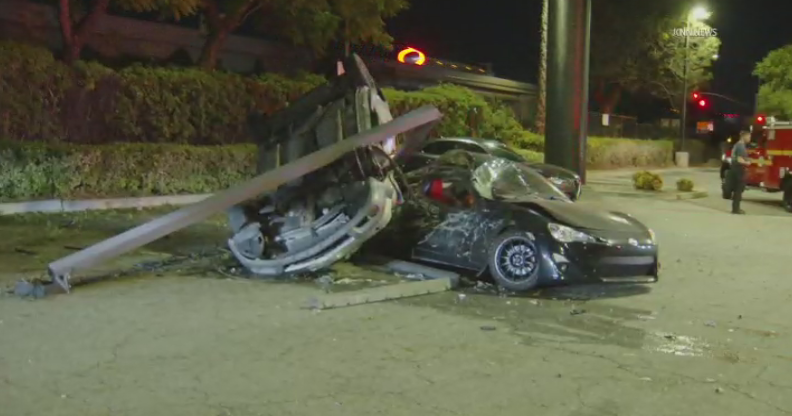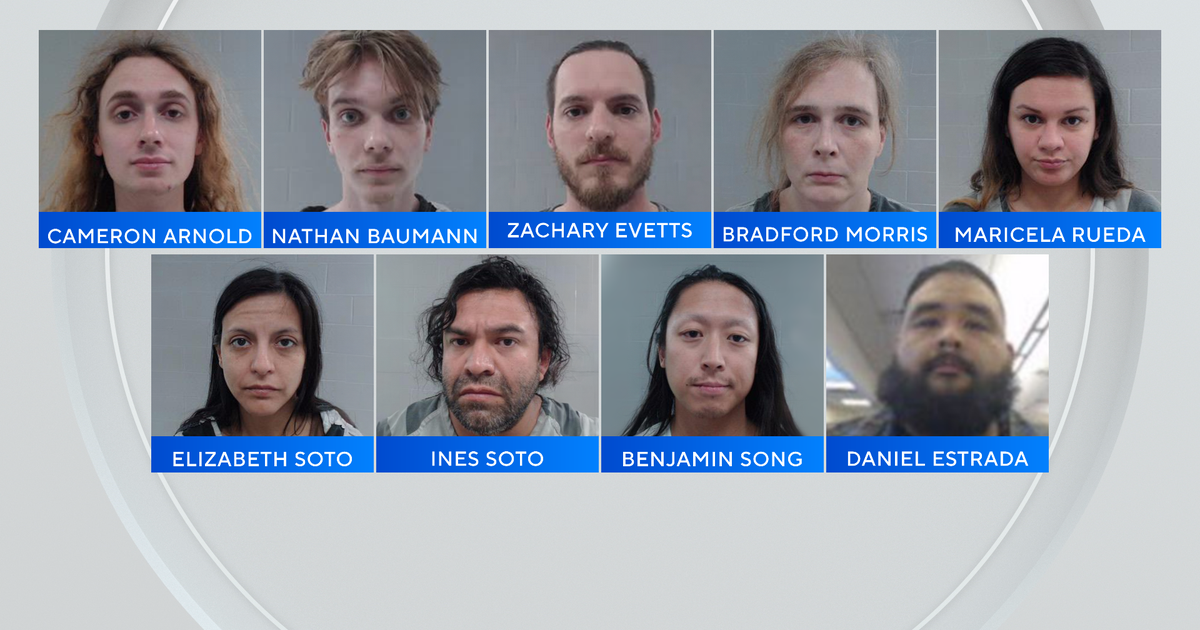Marathon Bombing Suspect Wants Prison Restrictions Lifted
BOSTON (CBS/AP) — Lawyers for Boston Marathon bombing suspect Dzhokhar Tsarnaev asked a judge Wednesday to lift restrictions placed on him in prison, arguing that the conditions are overly harsh, have left him nearly totally isolated and are impairing their ability to defend him.
Tsarnaev's lawyers said in court documents that he has been confined to his cell except for visits from them and "very limited access" to a small outdoor enclosure.
Tsarnaev, 20, is accused of building and planting bombs near the finish line of the April 15 marathon, killing three people and injuring more than 260. Authorities say he and his older brother, Tamerlan Tsarnaev, 26, ethnic Chechens from Russia who emigrated to the United States as children, planned and carried out the attack to retaliate against the United States for its involvement in Muslim countries.
Tamerlan Tsarnaev was killed four days after the marathon following a gun battle with police. Dzhokhar Tsarnaev was found wounded and hiding in a boat in a backyard in Watertown. Authorities said he had scrawled anti-American messages on the inside of the boat, including "The U.S. Government is killing our innocent civilians" and "We Muslims are one body, you hurt one you hurt us all."
In their motion, Tsarnaev's lawyers said "Special Administrative Measures" were imposed on their client beginning in August, at the request of U.S. Attorney Carmen Ortiz and the approval of U.S. Attorney General Eric Holder.
"SAMs," as they are known, are used in terrorism cases and other high-profile cases when authorities allege there is "substantial risk" that a defendant's communications or contacts with people "could result in death or serious bodily injury" to others. The special restrictions were placed on shoe bomb suspect Richard Reid, "American Taliban" John Walker Lindh and other terror suspects.
Tsarnaev's lawyers say prosecutors have presented no evidence that the special restrictions are needed in Tsarnaev's case.
"The government has not alleged that Mr. Tsarnaev has done or said anything since his arrest to commit violence, incite violence, or engage in communications that pose a security threat," his lawyers argued in the filing.
They also said the special measures limit Tsarnaev's interaction with people who are helping the defense and restrict the communications and other activities of the defense team.
A spokeswoman for Ortiz did not immediately return a call seeking comment.
WBZ legal analyst Gerry Leone has firsthand experience with SAMs and used them himself when he prosecuted shoe bomber Richard Reid.
"The limitations are on contacts, communications, and correspondence, by an inmate, with others," explains Leone. "Terrorists are the very top of the list when it comes to SAMs."
Leone says it is not unusual for defense lawyers to object to SAMs, particularly when the attorneys feel like the restrictions will hinder their ability to work with their client and to mount an adequate defense. That's the one argument Leone says might hold water with a judge.
"My experience in the district of Massachusetts has been that the court will hear and be open to certain adjustment in the SAMs which allow and provide for effective assistance of counsel," he says.
(TM and © Copyright 2013 CBS Radio Inc. and its relevant subsidiaries. CBS RADIO and EYE Logo TM and Copyright 2013 CBS Broadcasting Inc. Used under license. All Rights Reserved. This material may not be published, broadcast, rewritten, or redistributed. The Associated Press contributed to this report.)
